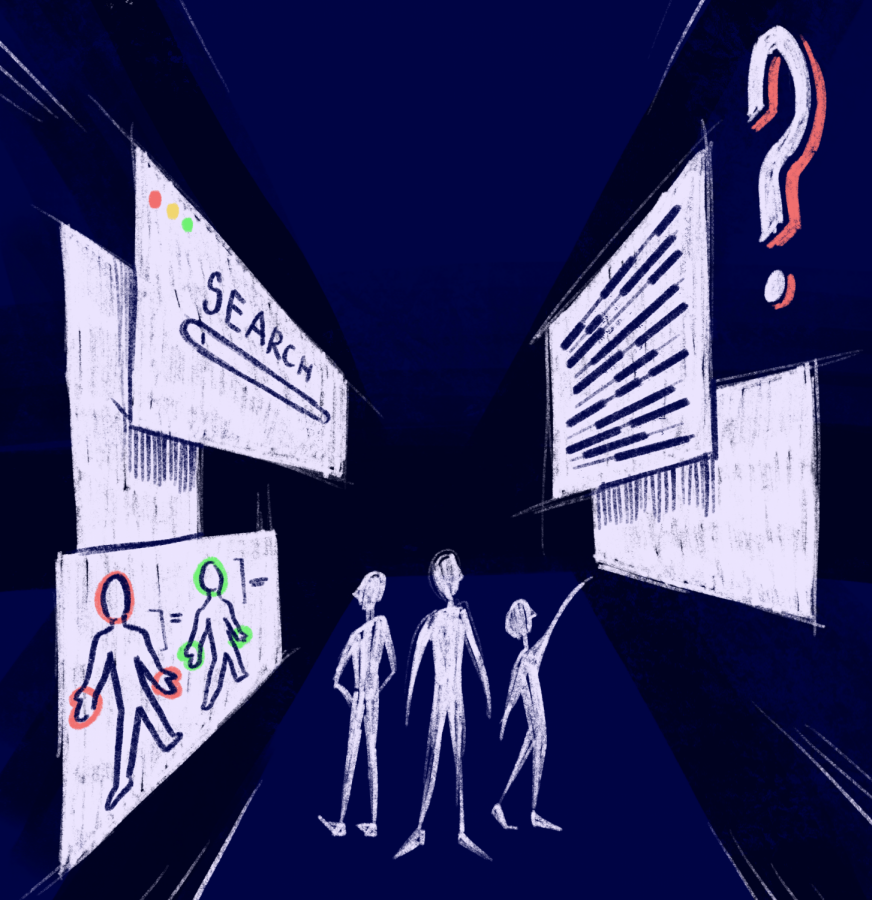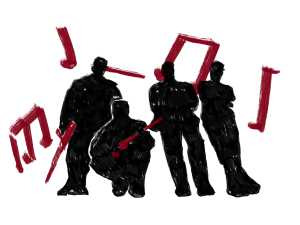Cutting Sex-Ed Contributes to Culture of Misogyny at CRLS
October 30, 2021
Sex education is an awkward topic. Its mention conjures giggles and memories of anatomical diagrams and science classrooms, but its benefits are undeniably far reaching. Should we be concerned that an athletics waiver can toss it aside, and a whole grade is left with no exposure to it in the wake of the pandemic?
Over the 2020-2021 school year, which was fully online for many students, sex-ed was cut for the current sophomores at CRLS. Typically, in freshman year, students complete an expanded version of Planned Parenthood’s “Get Real” curriculum in health class. Administrators cite the reason for the district-wide decision as a concern about lack of privacy in the delivery of the sensitive material, and the possibility that students or educators could be recorded and posted online.
Mr. Mike O’Connell, the lead teacher for 9-12 Wellness, told the Register Forum why administrators had to make the tough choice to cut it last year: “An environment that is trusted and safe … is an absolute for this kind of teaching and experience. We could not guarantee that using a remote learning model would provide that for the individual student or entire class.”
The way sex is addressed, especially in an educational context, can provide the basis for the way societal power is exercised. It’s clear that when people don’t receive that crucial education, anyone affected by misogyny is forced to learn its importance firsthand.
The way sex is addressed, especially in an educational context, can provide the basis for the way societal power is exercised.
Health and sex-ed also reaches beyond STDs and abstinence; it should mean vital conversations about consent, boundaries, queer relationships, substance use, the effects of trauma, and mental health. If taught right, it can be an incredibly powerful tool.
Early last summer, administration met with students to discuss the results of the Teen Health Survey and discussed the rationale behind it, such as concerns that younger siblings might overhear the material or that students’ home situations could be compromising.
Senior Aya Boulouah, who was present at the meet- ing, told the Register Forum why she attended: “Sex-ed at school is extremely important because students need to be informed about it. It’s important to learn about consent, sexuality, and avoid misconceptions.” She felt heard by staff at the meeting, saying, “they addressed any questions we had and agreed with our thoughts. It felt clear that the staff want to teach sex-ed, but have the athletics waiver as a roadblock.” Boulouah’s referring to the PE Athletics waiver that can allow students to completely skip the course and play a sport for credit instead, which O’Connell asserted is “not something [he] agree[s] with.”
Every student this school year who takes Wellness will be taught sex-ed in health, but that doesn’t include the entire grade of students with no exposure.
It’s important to learn about consent, sexuality, and avoid misconceptions.
Jamie Mccarthy, the K-12 Health, Physical Education, and Wellness Coordinator, explained her concerns to the Register Forum: “It’s just this policy that is so old, and was put into place in the 90s. There’s probably less than ten other districts in the state that allow this anymore, we have one of the lowest requirements for Wellness … It’s beyond my control or Principal Smith’s control and really up to the School Committee … We’ve already brought up the issue but we’re waiting for someone to acknowledge it.”
She also cites a specific parental demographic who are very vocal in their resistance to requiring any sort of recurring health curriculum due to their concerns about it affecting student’s ability to take AP courses, and therefore their college admissions chances.
However, especially in light of recent controversies regarding the behavior of players on several sports teams and the administration’s response, the need for a comprehensive health curriculum at CRLS is clear. The incidents exposed a culture of misogyny at CRLS, especially in the athletics department, that students have pushed to see addressed. Punitive measures do not address misogyny itself at a systemic level; punishment neither changes behavior nor addresses harm. Education, on the other hand, can be the crucial gateway to honest dialogues. We’ve seen what happens in its absence; an updated health curriculum could be a step on the path forward.
This piece also appears in our October 2021 print edition.










